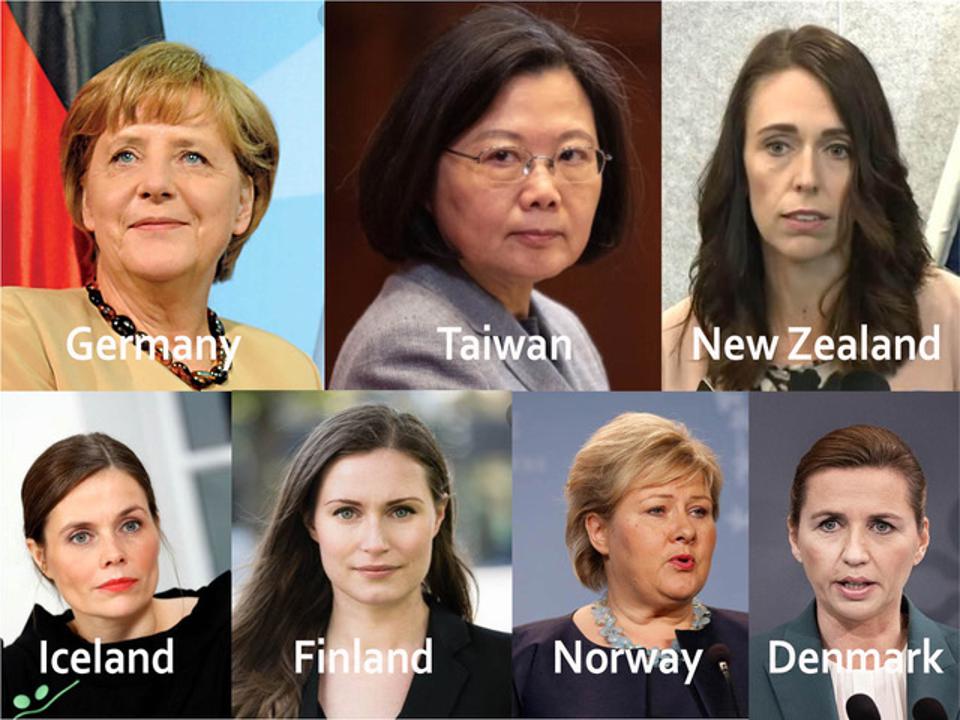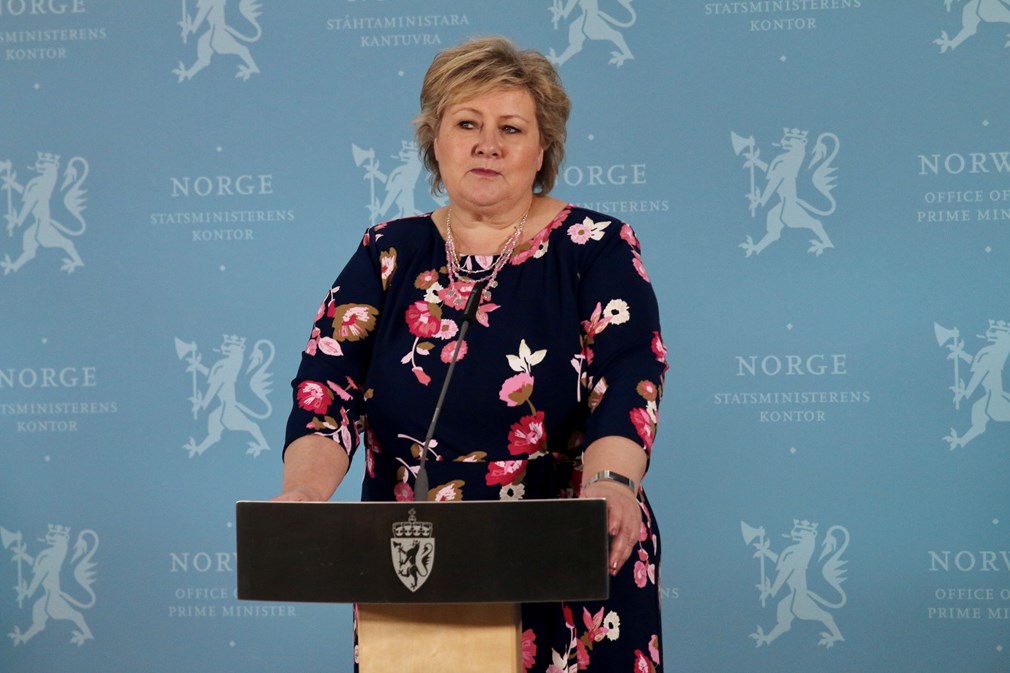In March 2021, the renowned business magazine, Forbes Middle East, published its definitive list of “Top Level CEOs in the Middle East”. Of the 100 featured CEOs on that list, only three were women. Generally speaking, women in Egypt, the Middle East, and many countries around the world don’t have the same opportunities that men do. Their career paths are filled with obstacles and barriers exclusive to their gender. But in spite of that, research shows that they’re more effective leaders than men, particularly during a crisis like the still ongoing pandemic.
What Recent Research About Female Leaders Tells Us
In studying 60,000+ individuals, Harvard Business Review research found that women scored higher than men in 84% of the qualities they determined were most common when describing an ideal leader. The only area in which men are reported to outshine women was that of “technical/professional expertise.” This may be the case because there are far fewer opportunities for mentorship and correct training in the workplace.
And that was the conclusion of a study published by Cabeza, Johnson, and Tyler in 2011, who concluded that even taking into account all factors—such as educational level, hours worked, and occupations–there still remains a gendered pay gap that can only be explained by workplace discrimination.
The horrendous Covid-19 pandemic, which is arguably one of the worst crises humanity has been through, emphasized this. Many of the countries with the shortest lockdowns, least deaths, and quickest economic recoveries during 2020 were led by women, according to a Bloomberg analysis published in 2021. These countries are New Zealand, Norway, Iceland, Finland, Denmark, and Taiwan.

Political Leaders of the Countries Faring Best in the Battle Against COVID-19. Photo Source: Forbes
More formal research was conducted by academics Garikipati of the University of Liverpool, and Kambhampati of the University of Reading. They published Leading the Fight Against the Pandemic: Does Gender ‘Really’ Matter in January 2021, which considers statistics for 194 countries across the globe. They concluded the following:
“Our findings show that COVID-19 outcomes are systematically and significantly better in countries led by women and, to some extent, this may be explained by the proactive policy responses they adopted. Even accounting for institutional context and other controls being female-led provided countries with an advantage in the current crisis.”
According to the number of deaths at the time of enforced lockdowns, women consistently decided to shut down their nations earlier than their male counterparts. This was initially interpreted as typical of women’s more risk-averse nature. However, this explanation failed to take into account the economic risks these female leaders were taking – particularly during the beginning of the crisis when the anticipated effects of an enforced lockdown were far less predictable.

Erna Solberg addressing Norwegian Children in a Press Conference. Image By: Eirin Larson, SMK
This explanation for the rising appreciation for female leadership has become even more popular during the pandemic, as it aligns well with the praised actions of successful female leaders. For instance, the Prime Minister of New Zealand, Jacinda Arden, was celebrated from hosting a Facebook Live from her own home. This was interpreted by the public as indicative of her relatability, commitment and accessibility. Similarly, The Prime Minister of Norway, Erna Solberg, made an appearance specifically to answer and address questions submitted to her by Norwegian children. Once more, this was seen as indicative of her inclusivity, empathy and compassion.
But We Must Be Careful
Some might say that assigning genders innate qualities that reflect directly into the leadership styles is a mistaken enterprise. I’m sure we all know several assertive and tenacious women and equally as many empathetic and considerate men. It, therefore, seems incredibly reductionist to ascribe qualities to leaders based solely on their gender. Rather, this attitude runs the risk of compounding existing, and often harmful, stereotypes pertaining to gendered roles in the workforce.
Not only might these interpretations work to support harmful gender stereotypes, but also Garikipati and Kambhampati’s research has revealed it may not even be accurate. Certainly, they agree, women display such feminine traits as empathy with a higher frequency in lab studies and controlled research assessments. However, these results are not easily extrapolated to or even reflected in research conducted amongst real-world organizations. We should, therefore, be encouraged to be more critical before making sweeping statements that aim to assign innate, gendered qualities of leadership to a workforce without exception.




























